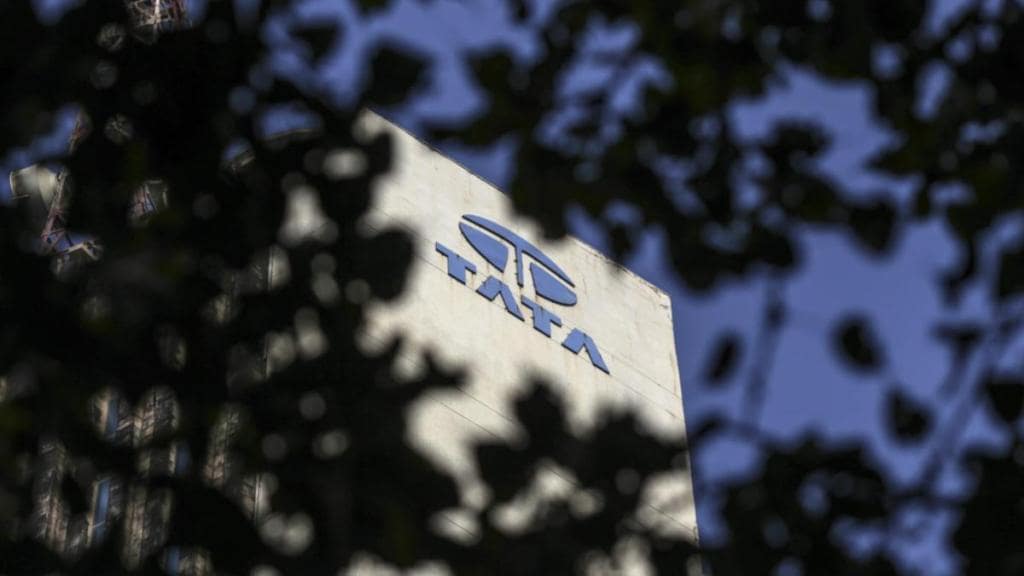The jury is out on Shapoorji Pallonji Group’s (SP Group) public statement exhorting the Reserve Bank of India (RBI) to push Tata Sons to list. The demand has found support among quite a few proxy advisors and legal experts, but there are many others who think otherwise.
Shriram Subramanian, founder, InGovern Research Services, said this has been a long-standing demand of the SP group as the value of their investment in Tata Sons will be unlocked. Tata Sons will also likely gain from such a listing as it would reduce the influence of Tata Trusts on the company.
“From a regulatory standpoint, listing Tata Sons is not optional considering it is an upper layer non-banking financial company (NBFC). The RBI’s stance is clear — either list or restructure to comply. The clock is ticking,” said Pratish Kumar, Partner at JSA.
He explained that with an 18% stake and mounting debt, the SP Group’s push for listing is commercially prudent. It’s not just about valuation—it’s also an exit option. “Listing enhances transparency and governance. Regardless of group dynamics, it’s a step toward greater public scrutiny and accountability,” he added.
Another leading securities lawyer who did not wish to be named, “Tata Sons indeed needs a ray of light and perhaps listing is the way forward for them to improve accountability and governance.”
However, he also noted that the RBI’s rules on upper layer NBFCs is a case of over regulation. “On principle, it is over-regulation to ask a holding company to list by calling it an NBFC – simply because its main source of income is holding other companies. No other country has such a norm,” he argued.
J N Gupta, founder and MD, SES believes that the regulator’s purpose is to ensure that a company is healthy and is not a risk for the system. Whether it should be listed or not should not be the regulator’s objective, as long as all the risks are addressed to the RBI’s satisfaction.
Further, he said that a business must have freedom to choose its structure, as long as there is no risk. “RBI can tell Tata Sons what are the risks but not insist on one fixed solution unless there is only one solution,” Gupta said.
On SP Group’s insistence that Tata Sons should list, his take is that that since the SP Group has held its stake for decades with an understanding that Tata Sons may want to stay a private company, its desire now to partially or fully exit has to be resolved with the two parties without any intervention from a third party. “Importantly, both parties must ensure that their demands or dispute does not take its toll on the operations,” he added.
“As the largest minority shareholder, the SP Group is well within its rights to push for listing, especially when it aligns with regulatory expectations from RBI and the Securities and Exchange Board of India, said a corporate lawyer.
However, he also added that many holding companies prefer to retain control and avoid going public. So, Tata Sons is not alone in resisting listing, and legally, they’re still within their rights. “However, if the board remains divided and either party chooses to test the matter, this could very well escalate into a courtroom battle,” said the lawyer.
Most favoured a listing, stating that the complex structure in which other Tata Group companies also hold 13% stake in its holding company – Tata Sons – is leading to lack of transparency. But they also believe that the process will take more time than a simple listing of Tata Capital.
The listing of Tata Sons is being seen as a key deal maker during this period of infighting. For the SP Group, fundraising through dilution of their holdings is important because of its rising debt burden. Earlier this year, it refinanced almost Rs 30,000 crore of debt at close to a whopping 20%. If the group’s partial holding, say 4%-5%, is bought back by Tata Trusts and Tata Sons, it will be help reduce the debt by almost 50%
However, the SP Group seems to want to go the whole hog by seeking to list Tata Sons. The group, in a statement on Friday said that the listing “will unlock immense value for over 120 million shareholders of listed Tata companies, who are indirect shareholders of Tata Sons. “Our stance is guided by a simple yet profound belief that transparency is the truest form of respect for both legacy and the future,” the group said.
In September 2022, the RBI had classified Tata Sons and Tata Capital as upper-layer NBFCs, a label that requires them to go public within three years. While Tata Capital has done so during the past week and is listing on Monday, there is lack of clarity over the former’s plans. Even the banking regulator has not clarified whether it has given an exception to Tata Sons or will stick to its guns and enforce a listing.


